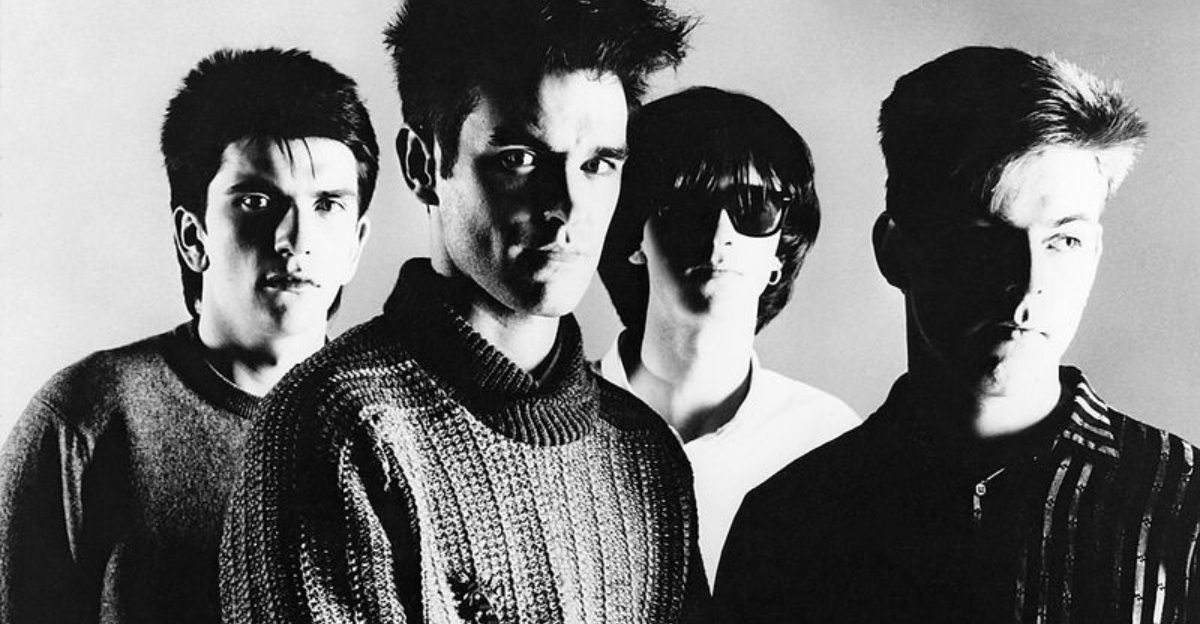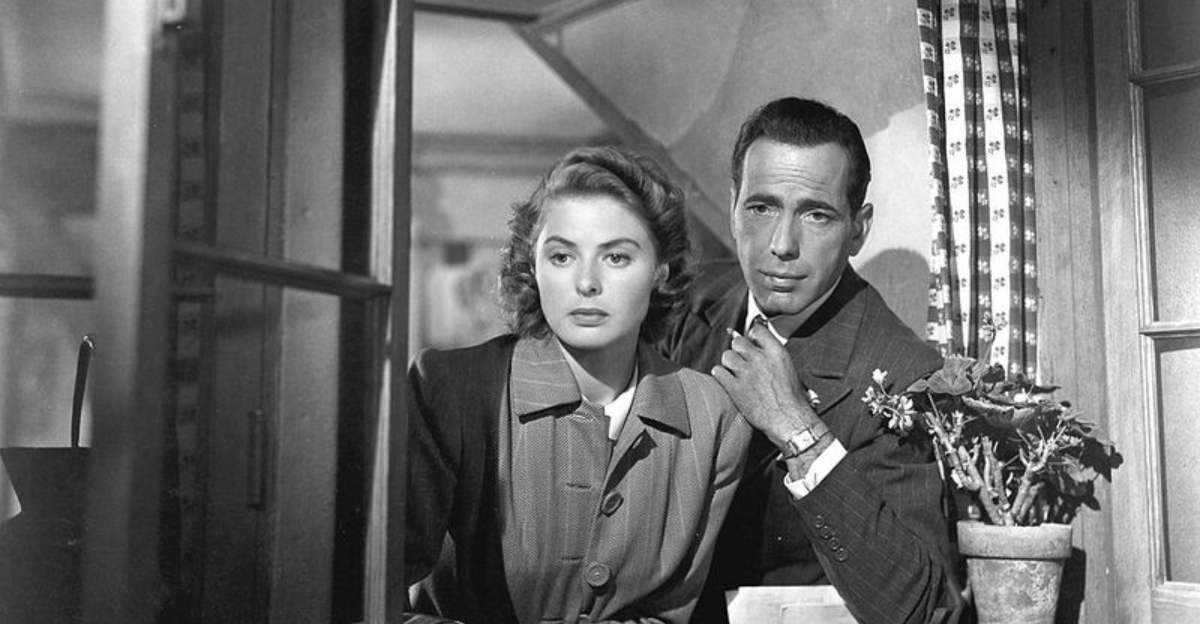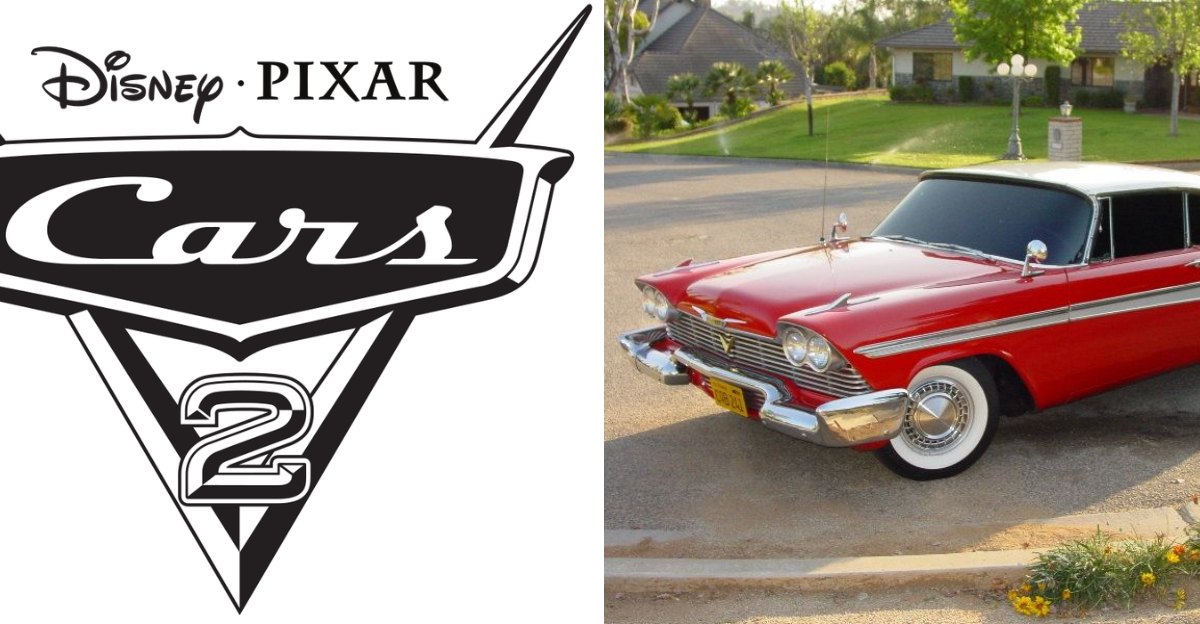12 Rock Legends Who Proved One Missing Member Can Change Everything
Rock bands are like puzzles where every piece matters. When one crucial member leaves, whether through tragedy or creative differences, the entire sound and vibe can shift dramatically.
Some bands soldier on and find new success, while others never quite recapture that original magic.
Here are legendary rock groups that experienced seismic changes when one key player stepped away.
1. Queen (After Freddie Mercury’s Death)
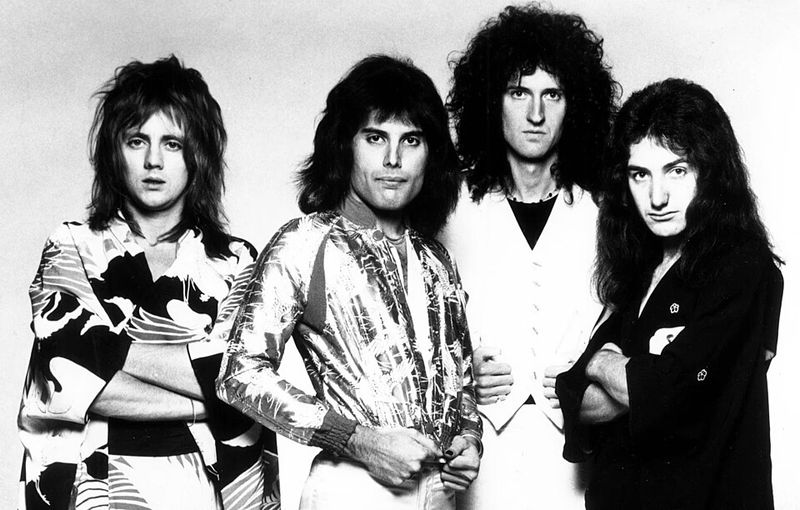
When the world lost Freddie Mercury in 1991, it felt like music itself dimmed a little.
His theatrical performances and four-octave vocal range made Queen unforgettable, and no one could replicate that magic.
Brian May and Roger Taylor tried continuing with different vocalists, but fans knew the throne remained empty. Mercury wasn’t just a singer; he was the beating heart of Queen’s identity.
2. Nirvana (After Kurt Cobain)
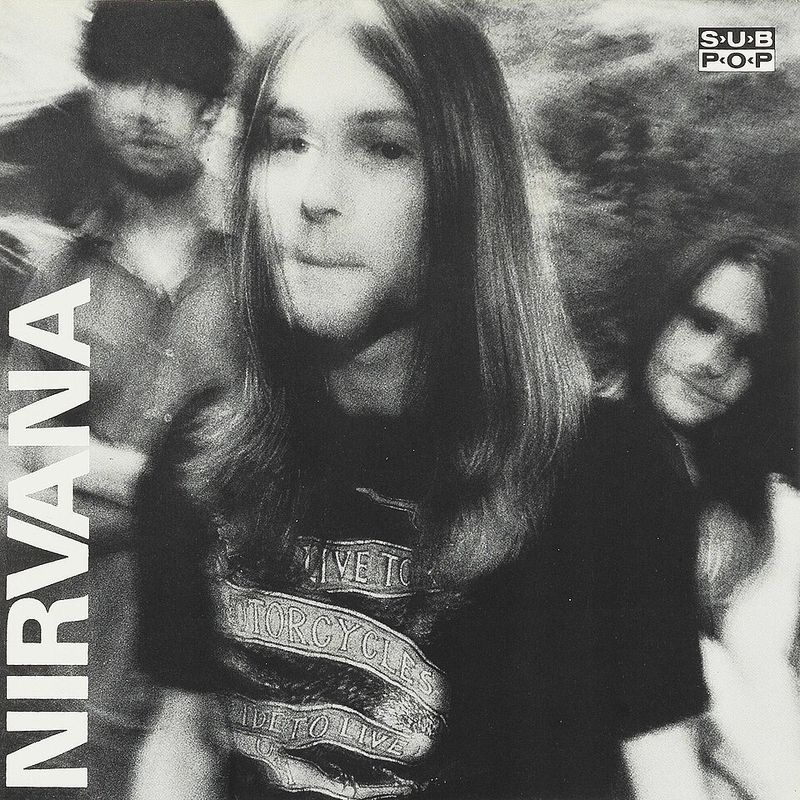
Grunge died a little when Kurt Cobain left us in 1994. His raw emotion and honest lyrics connected with millions of disaffected youth worldwide.
Dave Grohl and Krist Novoselic knew immediately that Nirvana couldn’t exist without its tortured poet. The band’s name became a time capsule, forever frozen in the early nineties.
3. The Beatles (After John Lennon)
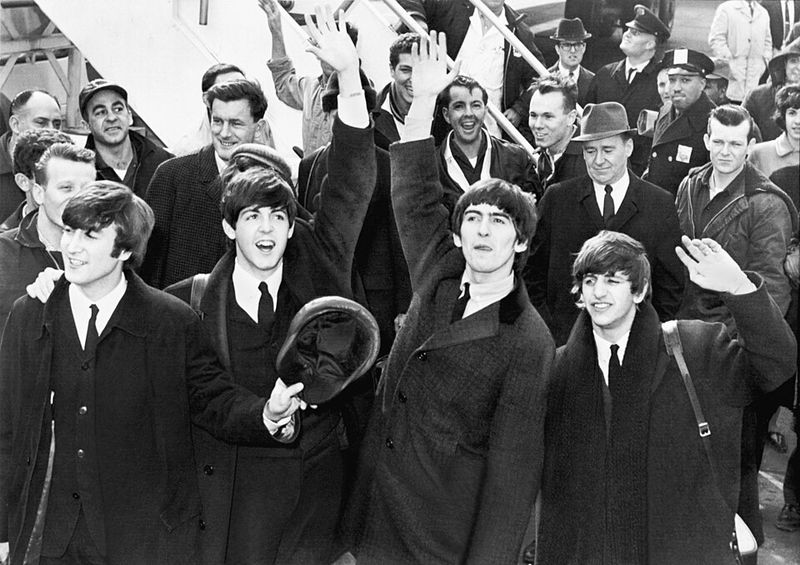
Imagine trying to replace one-fourth of the greatest band ever. John Lennon’s departure in 1970 signaled the end of an unprecedented musical revolution.
His partnership with Paul McCartney created songwriting gold, and when he walked away, that chemistry evaporated instantly. The Beatles became history, leaving fans wondering what might have been.
4. The Rolling Stones (After Brian Jones)
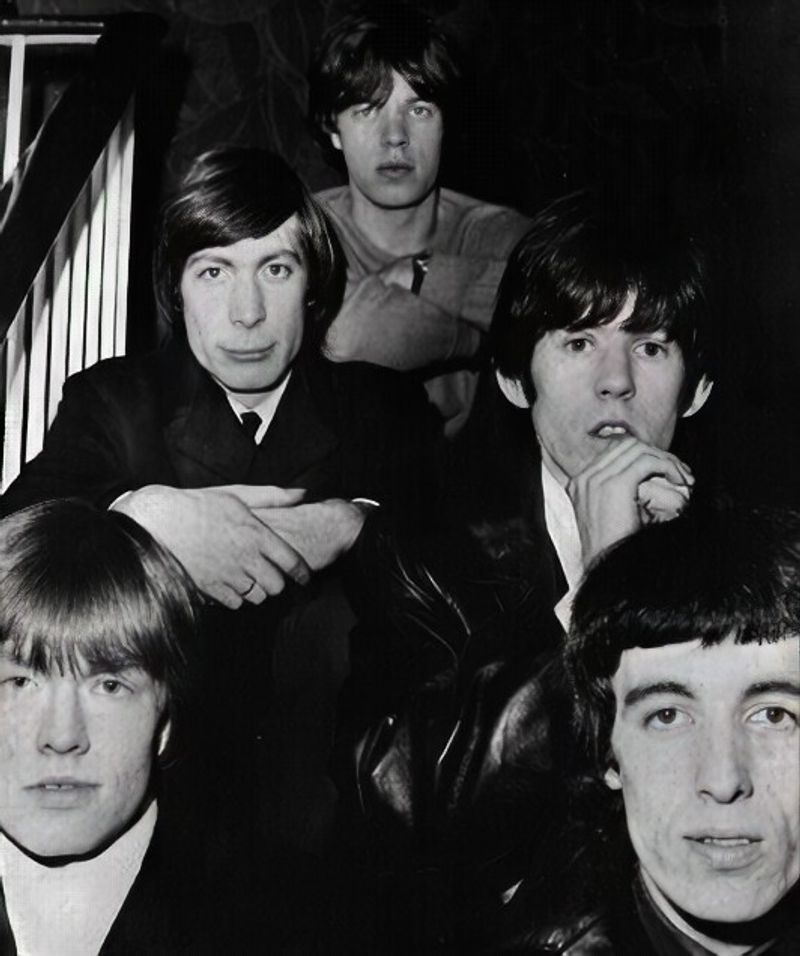
Founding member Brian Jones brought an experimental edge to the Stones with his multi-instrumental talents.
After his departure and tragic death in 1969, the band shifted toward a bluesier, more straightforward sound.
Mick Taylor stepped in admirably, but that psychedelic creativity Jones championed faded away. The Stones survived but transformed completely.
5. Pink Floyd (After Roger Waters)
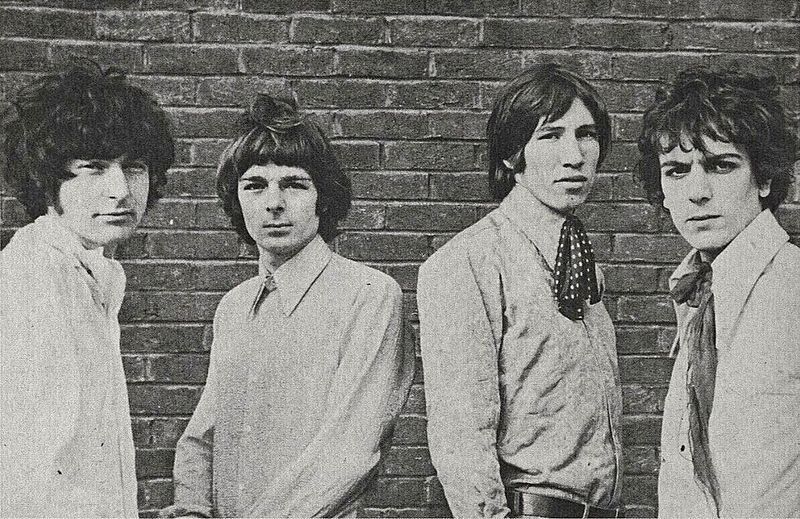
Roger Waters didn’t just play bass – he crafted Pink Floyd’s conceptual masterpieces like The Wall and Dark Side of the Moon. His 1985 exit sparked bitter legal battles and divided fans.
David Gilmour led the remaining members forward, but critics debated whether it was truly Pink Floyd anymore. Waters’ lyrical darkness had defined their identity.
6. The Doors (After Jim Morrison)
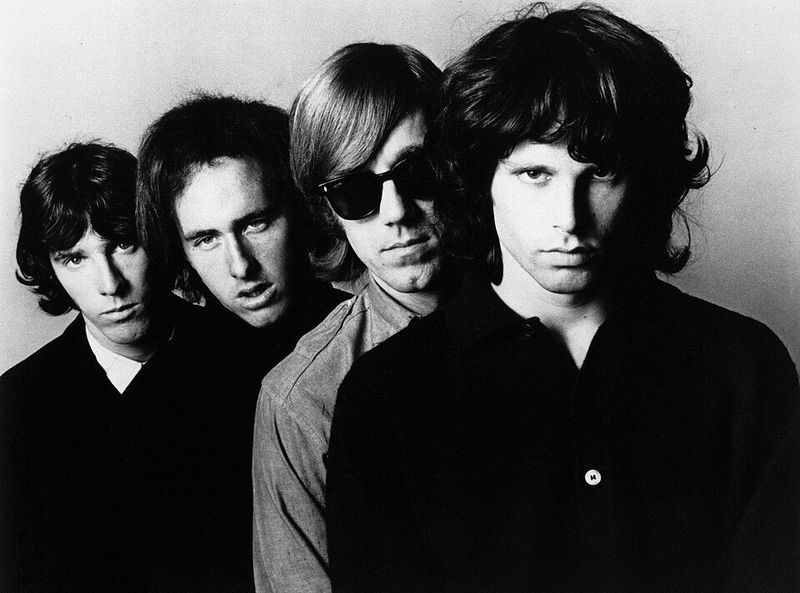
Jim Morrison’s poetic mystique made The Doors legendary, blending rock with literary darkness. His death in 1971 left a void no vocalist could fill.
Ray Manzarek and Robby Krieger attempted two albums without him, but audiences weren’t buying it. Morrison’s charismatic presence was The Doors’ essential ingredient, irreplaceable and eternally missed.
7. Guns N’ Roses (After Slash’s Departure)

Those unforgettable guitar riffs disappeared when Slash left in 1996. His bluesy solos and signature top hat were synonymous with Guns N’ Roses’ rebellious spirit.
Axl Rose continued with revolving lineups, but fans craved that original chemistry. The magic finally returned when Slash rejoined decades later, proving some partnerships can’t be duplicated.
8. Fleetwood Mac (After Lindsey Buckingham’s Exit)
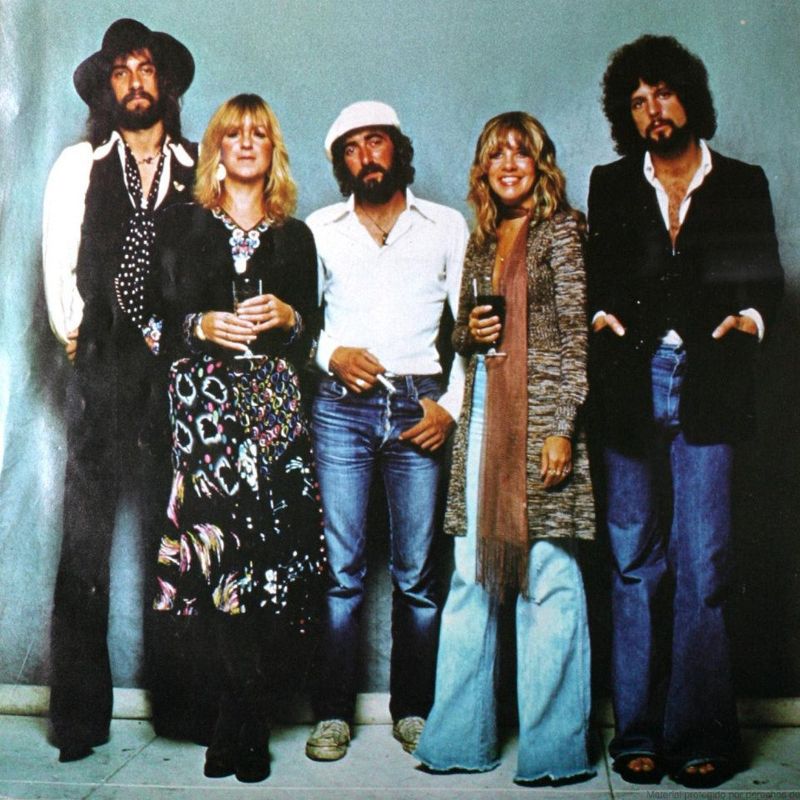
Lindsey Buckingham’s intricate guitar work and production genius helped create Rumours, one of history’s best-selling albums. His complicated relationship with Stevie Nicks fueled their creative fire.
When he departed in 2018, fans wondered if the band could maintain that polished sound. Fleetwood Mac recruited replacements, but Buckingham’s fingerprints remained all over their legacy.
9. The Who (After Keith Moon)
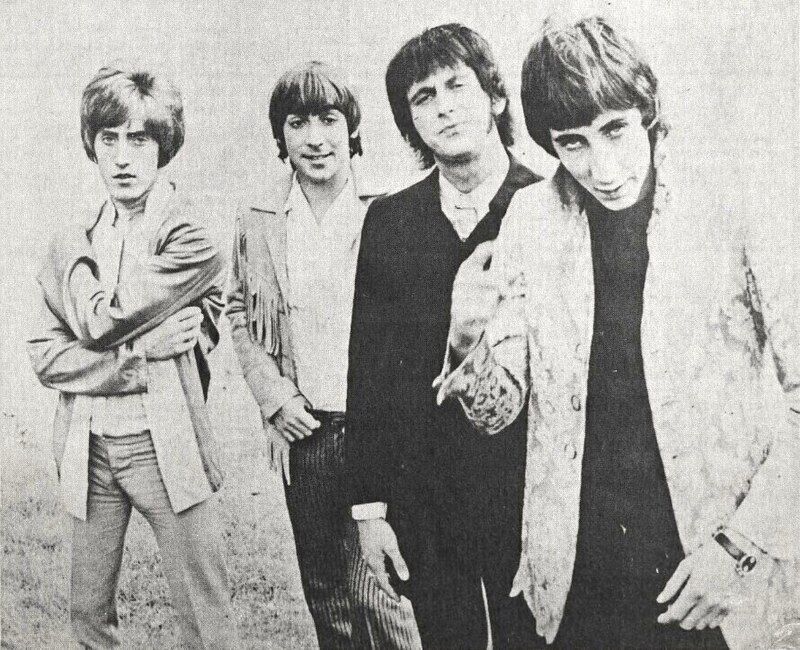
Keith Moon wasn’t just a drummer – he was controlled chaos behind the kit, smashing cymbals and destroying hotel rooms with equal enthusiasm.
His death in 1978 removed The Who’s unpredictable heartbeat.
Kenney Jones took over, but Moon’s manic energy couldn’t be replicated. The band continued, though many felt the wildness had been tamed.
10. Van Halen (After David Lee Roth)
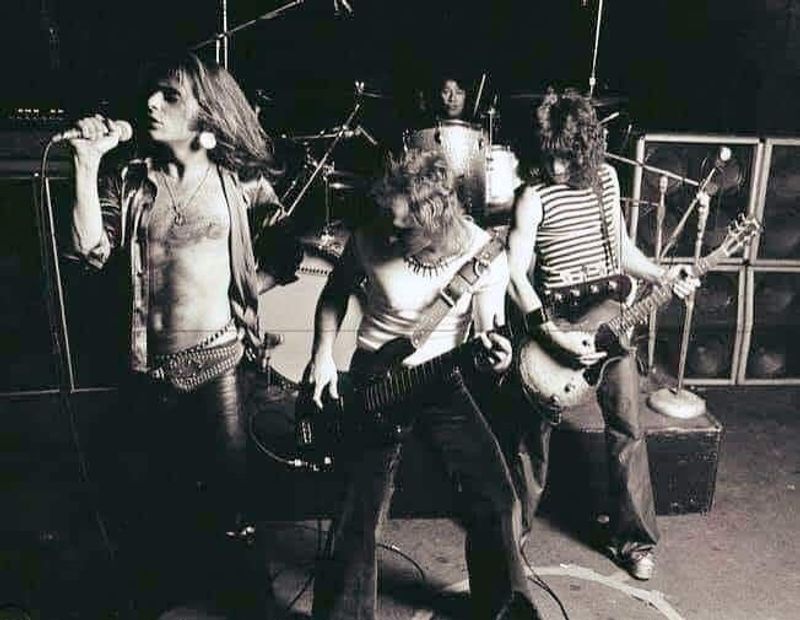
David Lee Roth brought circus-level showmanship to Van Halen’s hard rock assault. His 1985 departure split the band’s history into distinct eras.
Sammy Hagar stepped in successfully, but the party-rock vibe shifted toward something more polished. Fans remain divided over which era reigns supreme, proving Roth’s impact was undeniable.
11. Soundgarden (After Chris Cornell)

Chris Cornell’s four-octave range and tortured intensity anchored Soundgarden’s heavy sound. His tragic death in 2017 devastated the rock community.
The remaining members knew immediately that continuing was impossible.
Cornell’s voice was too distinctive, his presence too powerful. Soundgarden became another casualty of losing an irreplaceable talent too soon.
12. Lynyrd Skynyrd (After Ronnie Van Zant)
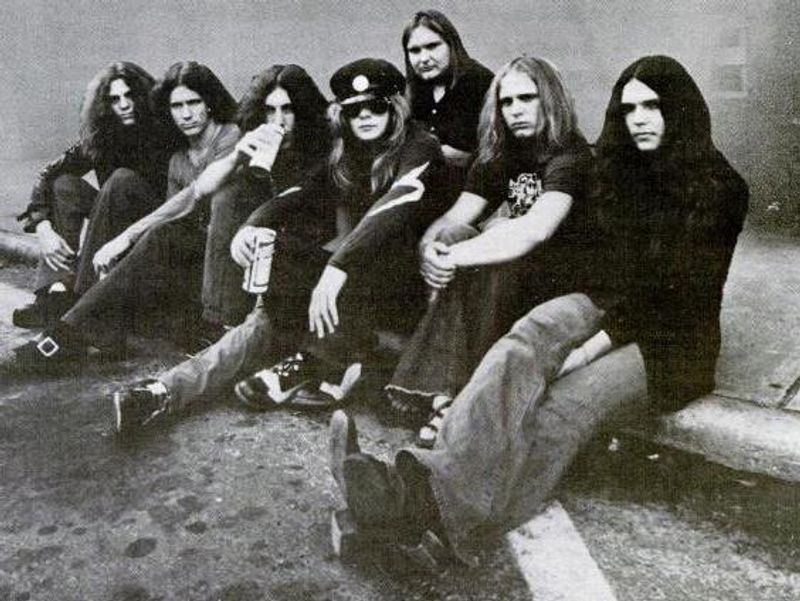
Ronnie Van Zant’s authentic Southern storytelling made Sweet Home Alabama and Free Bird timeless classics. The 1977 plane crash that took his life shattered the band.
His brother Johnny eventually took over vocals when Skynyrd reformed, but Ronnie’s gritty authenticity remained the benchmark. The tragedy forever changed Southern rock’s landscape.


